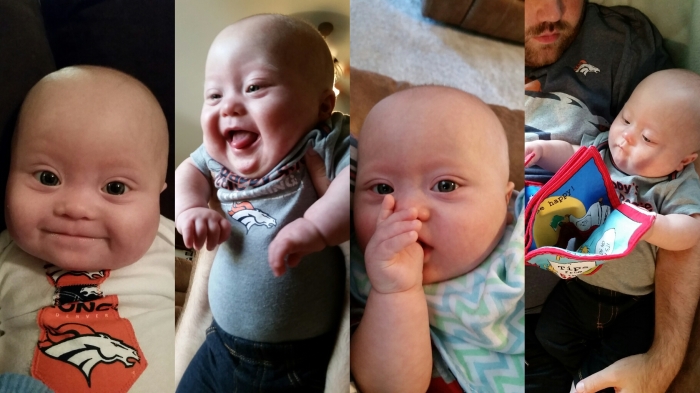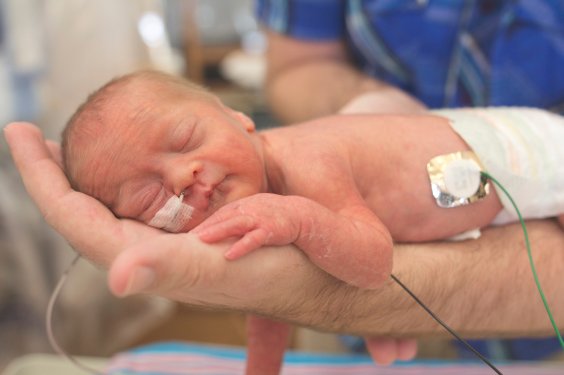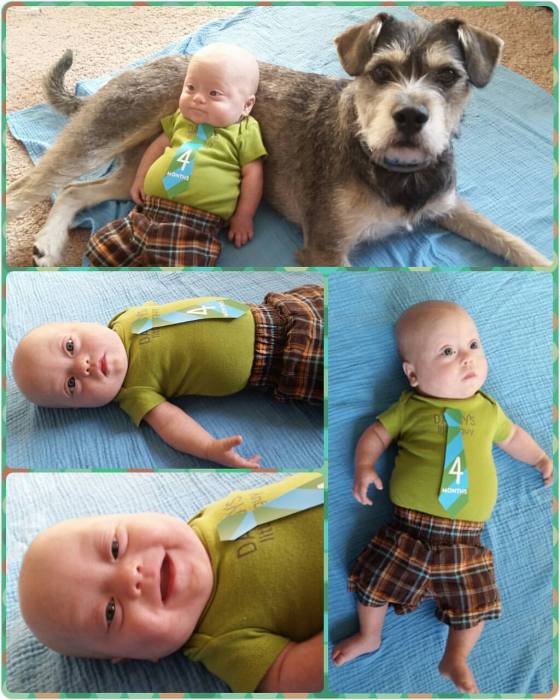
One day I was looking through my Facebook feed when I came across a post by my friend, Mat:
I think the world has gone nuts over being offended. Don’t get me wrong. However, a whole lot of what we call “politically correct” my momma called “manners.” Christians aren’t called to be the common sense police. Christians are called “to be all things to all people that by all means we might save some.” (1 Cor 9:22).
I couldn’t have agreed with him more. The current fad of being “politically incorrect” for the sake of opposing the so called “PC Police” is not a Christian virtue, and this idol of getting to say anything we want really needs to be reexamined. And not because we need to live to please everyone all of the time. As Mat pointed out, yes people have taken it way too far when it comes to how they respond to being offended. It is absolutely unreasonable to expect people to never say something that rubs us the wrong way. And really, I think it is impossible to live and speak in ways that will be 100% acceptable to everyone all of the time. Different values exist across our world, and we are kidding ourselves if we think that there is a way to please everyone.
Still, why do we value the right to offend more than we desire to be kind? For Christians, I think that it is obvious which of those things should take priority over the other. One of them is a fruit of the Spirit. The other is not. The gospel message is certainly offensive, but reserving the right to call people names or use language that others find hurtful are not gospel issues. Our language should always build up (Ephesians 4:29).
I think the problem is with the term “politically correct” itself. It is regrettable that this has become about politics because that’s not really what it’s about. At least, not all of the time. Often, the people who desire that different terms be used are not actually being all that unreasonable. If I find it offensive when someone labels something they find dumb as “retarded”, am I being unreasonable? I don’t think so. It’s easy enough to point out the original meaning of the word and demonstrate how someone equating it to being dumb or stupid or some other negative thing is incredibly dehumanizing to people with intellectual disabilities. Is the right to use hurtful language really more important than treating one another with kindness? The polite and decent thing to do is to avoid being unnecessarily offensive if you can help it.
Allow me to illustrate what I mean:
My son has Down syndrome. My son is not a “Down’s Baby”. He is a baby who has Down syndrome. It is something that he possesses, but it is not who he is. Does the distinction matter? I believe it does. When someone uses the incorrect term, there is a connotation that suggests that he is not the same kind of human as, say, “normal people.”
To be clear, I am not walking around carrying a grudge against the (several) people who have used “Down’s Baby” during Jude’s short life. I understand that they did not intend any harm. And that is my overall point, I suppose. When people use “politically incorrect” language, they are mostly not trying to be offensive. But the thing is, they nonetheless often are offensive. Do I take it personally when people use the wrong term? Not usually. But I do understand why some people might just take it personally. And I empathize with them.
It’s true, you cannot please everyone. But why not do our best to be polite? I am not suggesting that we walk around on egg shells for the rest of our lives, but I am suggesting we should think through the things that we say. When it comes to so called “politically incorrect” words, it is possible that people find them offensive for legitimate reasons. And even if we disagree with them, is being right about a word more important than the person challenging our usage of it?
The verse that Mat referenced in his post comes from one of Paul’s letters. Paul argues that Christians lay aside the secondary things in order to get into the lives of people and, hopefully, win them over to the faith. Of course, we should never compromise on the truth of God’s word. As we share the gospel, we will without a doubt say things that people do not want to hear. They may even find what we say to be very offensive. That should be expected. However, if the way that we talk about other things turns people off, then maybe we need to change the way that we talk.
John MacArthur put it this way:
Christians, let’s be slow to speak. Let’s listen to people. We may just realize that the language that they find offensive is seen that way for a good reason. And even if they are totally wrong about the terms we like to use, is that more important than our witness?
The way that we talk is a big part of how we show love to our neighbors. Let’s be sure to love them well.

